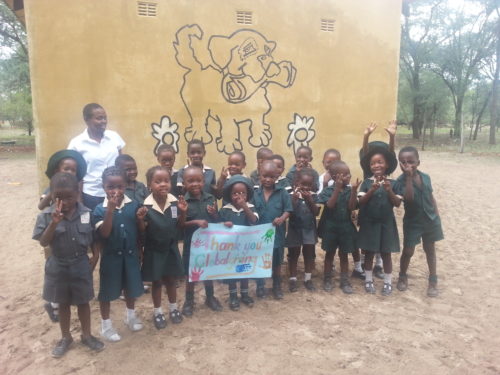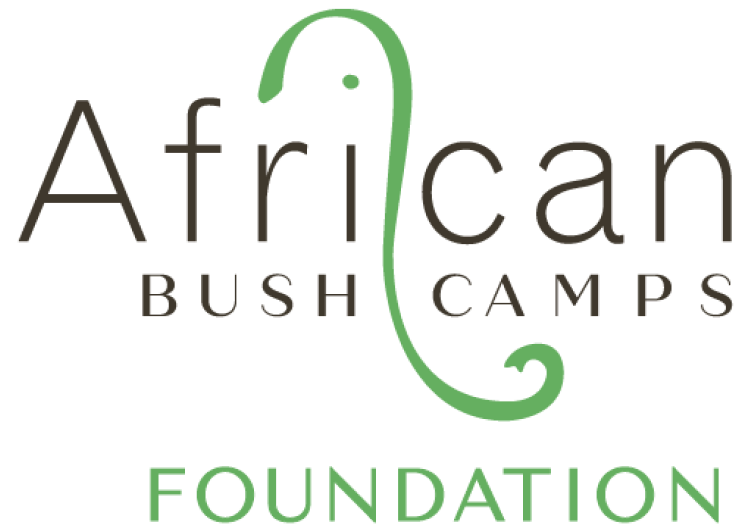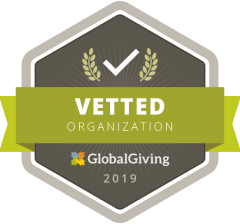In light of the recent COVID-19 outbreak, the world has been made aware of the importance of hygiene and sanitation, particularly with washing and disinfecting our hands regularly. However, with most of the population (4.2 billion people to be exact!) lacking access to proper sanitation services, one starts to realise just what a ‘luxury’ it is to wash their hands regularly.
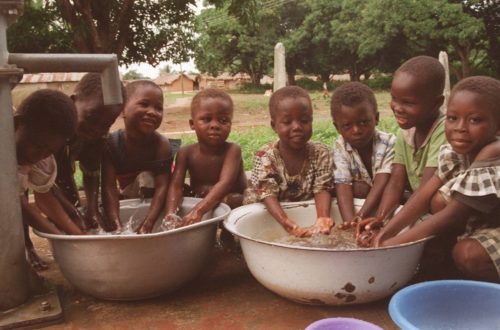
Hygiene and Sanitation
Hygiene refers to acts that can lead to good health and cleanliness, such as frequently washing one’s hands with soap and water. Keeping hands clean is one of the most important ways to prevent the spread of infection and illness. However, in many areas of the world, practising personal hygiene is difficult due to lack of resources such as running water and soap. Many diseases (including diarrheal diseases) can spread when the hands, face, and body are not washed appropriately.
Washing Hands Is The First Line Of Defense Against Germs
Various infectious diseases can be spread from one person to another by contaminated hands. These diseases include gastrointestinal infections, such as Salmonella and respiratory infections, such as influenza. Washing your hands regularly and properly can help prevent the spread of the germs that cause these diseases and is essentially the first line of defence against illnesses and infections.
Some forms of gastrointestinal and respiratory infections can cause serious complications, especially for young children, the elderly, or those with a weakened immune system. “Therefore proper hand hygiene is the single most important, simplest, and least expensive means of reducing the prevalence of infectious diseases”, according to UNICEF (2003).
For Children
About 1.5 million children die every year in developing countries due to diseases that are rooted in hygiene and sanitation. Children are vulnerable to infections, and as they spend a lot of time playing in the mud or dirty places.
In many lower-income countries, diarrheal disease is the leading cause of death amongst children. A recent review of data from numerous studies showed a 42-47% reduction in diarrhoea can occur when handwashing with soap and water is introduced into a community (CDC, 2016). Thus, handwashing promotion and interventions are estimated to have the potential to prevent one million child deaths from diarrheal diseases per year.
Sanitation in Developing Countries
In 2019, the WHO estimated that 2.2 billion people lack access to safe drinking water services, and 4.2 billion people lack safely managed sanitation services. Unsafe hygiene practices are widespread, compounding the effects on people’s health. The impact on child mortality rates is devastating, with more than 297 000 children under five dying annually from diarrhoeal diseases due to poor sanitation, poor hygiene, or simply drinking unsafe water.
This is something that the African Bush Camps Foundation seeks to respond to, particularly for those most at-risk such as very young children and the ill.
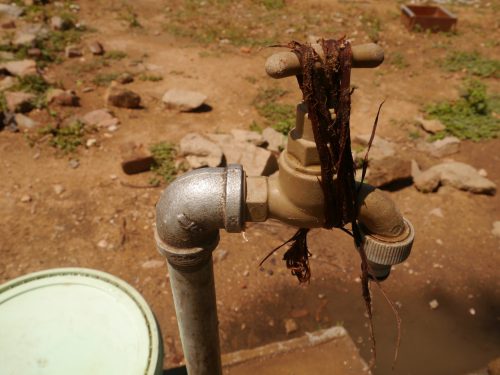
African Bush Camps Foundation Hygiene and Sanitation Project:
A Safe Learning Space for Zimbabwean ECD Learners
This project will provide ablutions for the Early Childhood Development (ECD) classes in Zimbabwe’s Hwange National Park to improve hygiene and sanitation, reducing their chances of contracting dangerous diseases like typhoid and cholera, which are prevalent in the area. The ultimate goal is to increase ECD admissions and give children a healthier start in life.
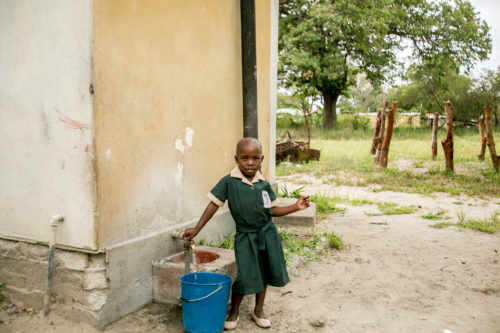
Challenge
The ECD classes at Hwange’s Main Camp Primary School currently share a single communally used squat toilet with no handwashing facilities. The risk of contracting cholera or typhoid is high in this area. Unsanitary ablutions thereby pose a serious threat to children as they are highly-susceptible, and their long-term development can be negatively affected. The ECD classroom and play areas are also unfenced, and children are at risk from dangerous free-roaming wild animals in the park.
Solution
ABCF will build age-appropriate ablutions for the ECD classes with running water to improve sanitation and hygiene, reducing the risk of contracting dangerous illnesses associated with poor hygiene. ABCF will also construct a fence around the classrooms, play area and ablution, – keeping the children safe from wild animals. Improvements to the ECD classrooms; plastering & painting work, will also be done to make the learning area more appealing, creating a safe and conducive learning environment.
Long-Term Impact
The long-term impact of this project is creating a safe environment for young children starting their education journey and increasing ECD enrollment rates because parents will no-longer want to keep their children home for fear of their safety. ECD is linked to improved performance in school and beyond, and is, therefore, the first step in improving long-term economic development and breaking the cycle of poverty.
If you would like to donate to this project to help improve the health and sanitation of the children, please visit our project on GlobalGiving https://www.globalgiving.org/projects/safe-learning-space-zimbabwe-ecd-abcf/
